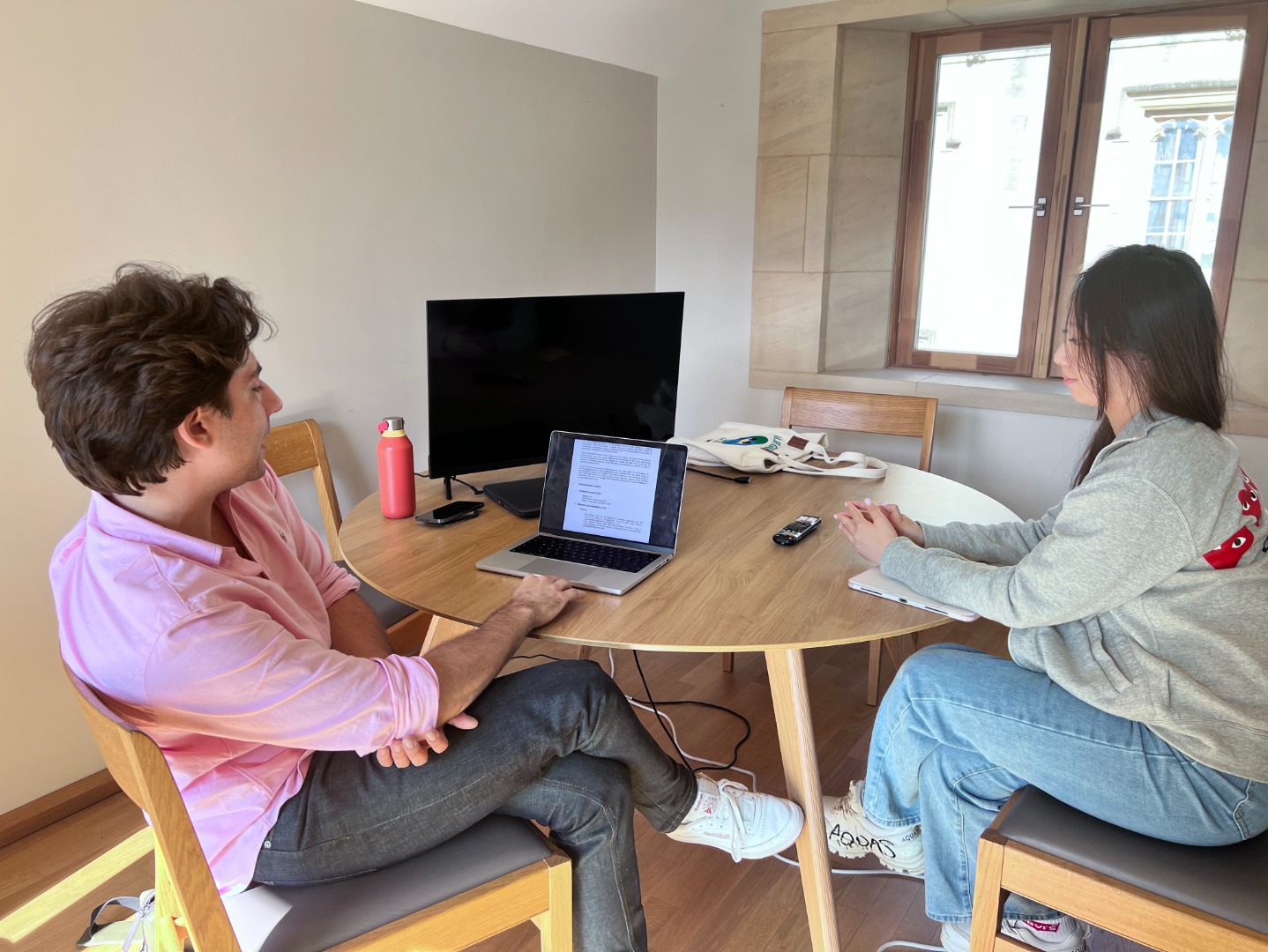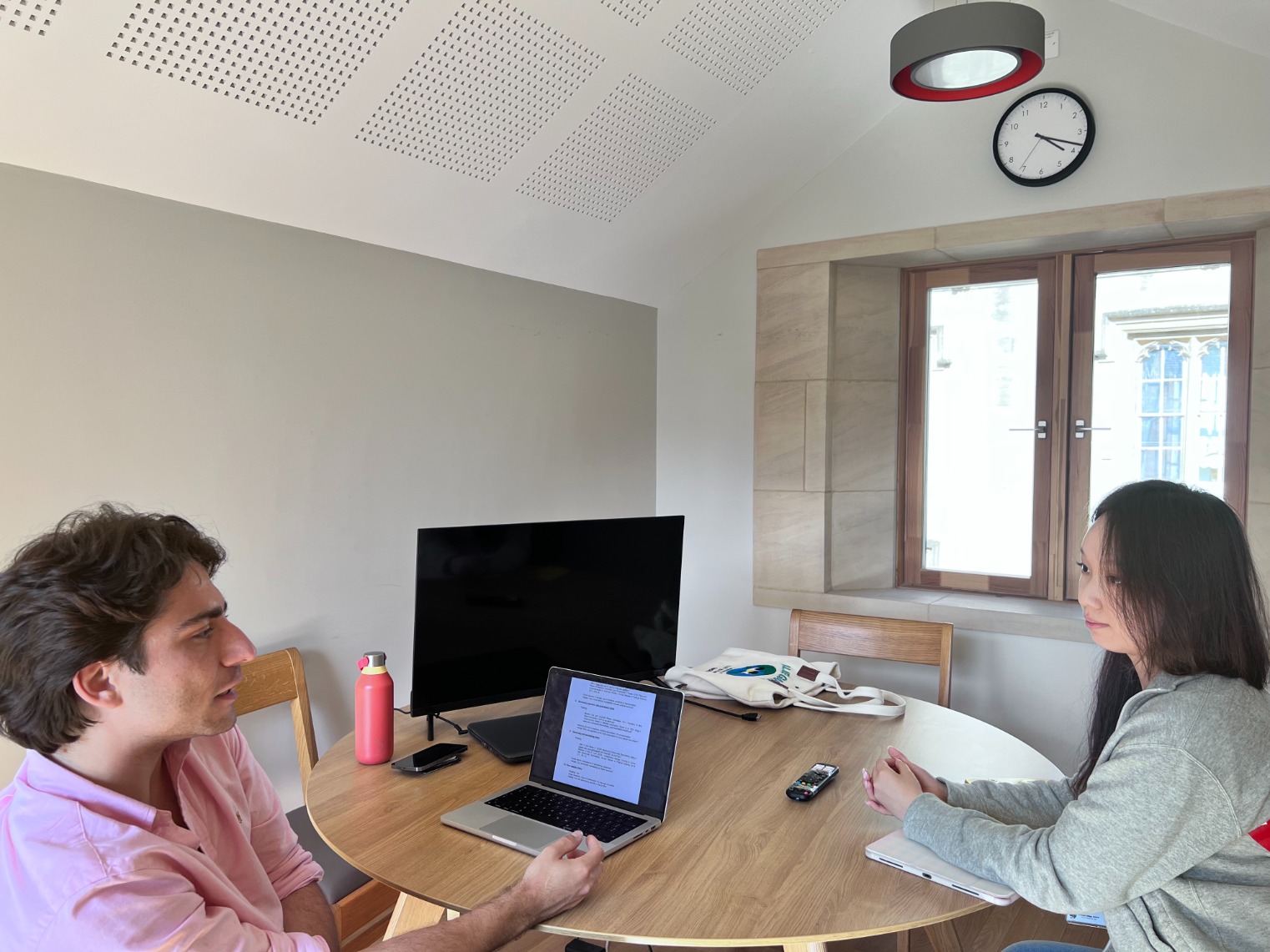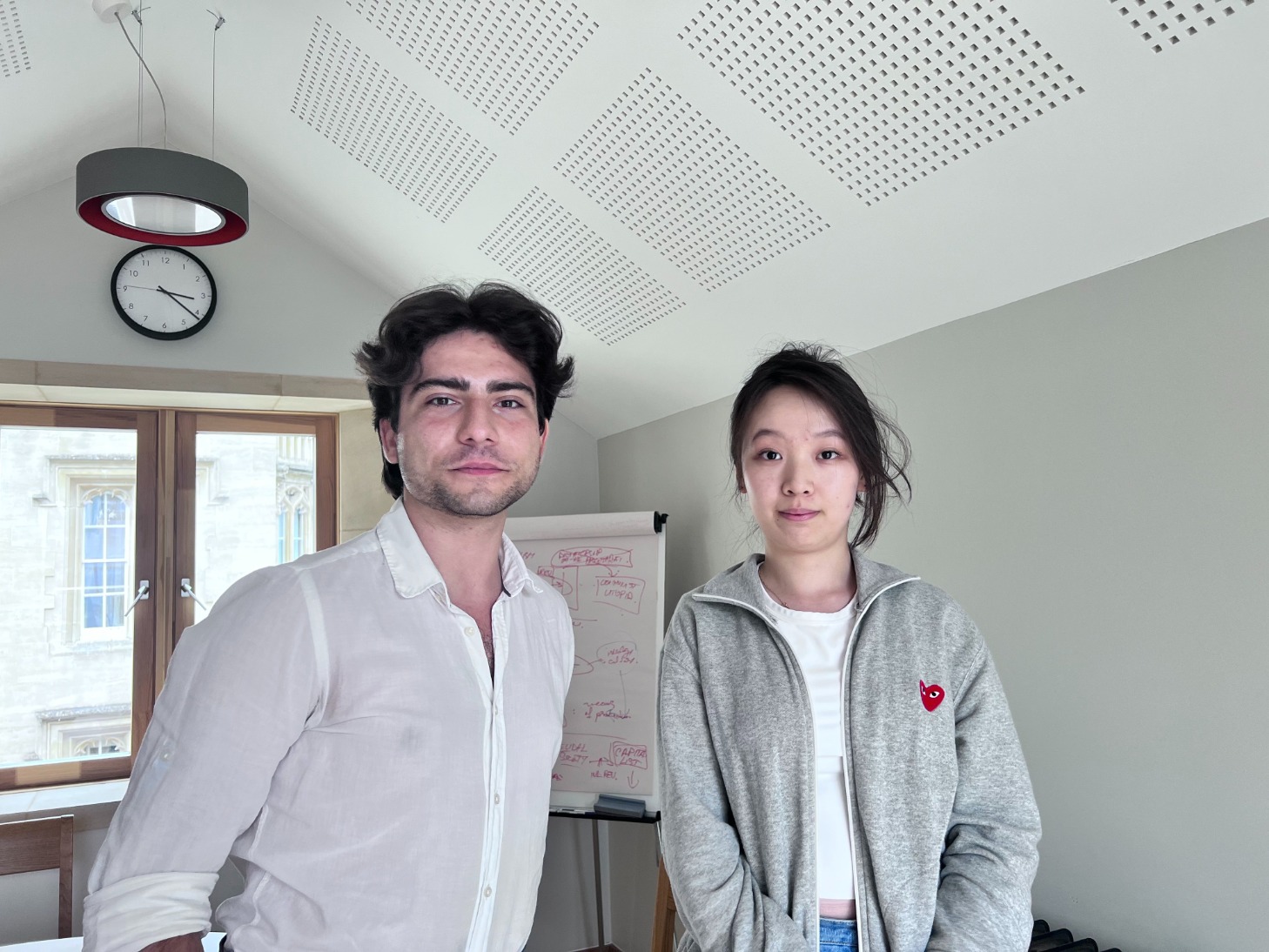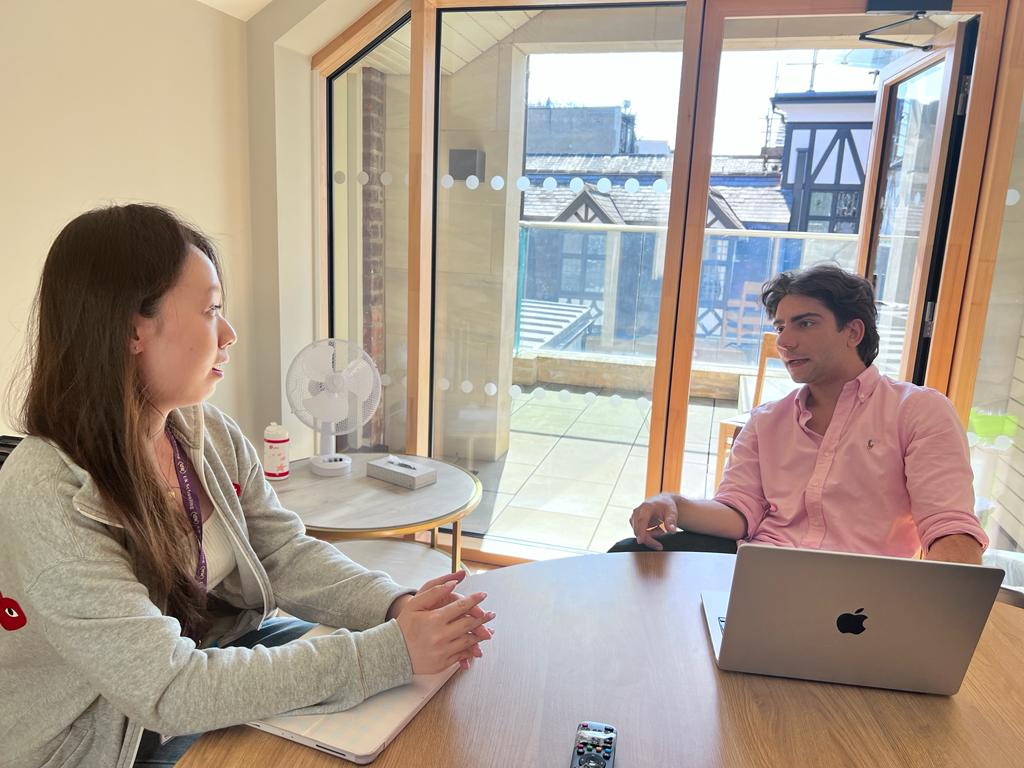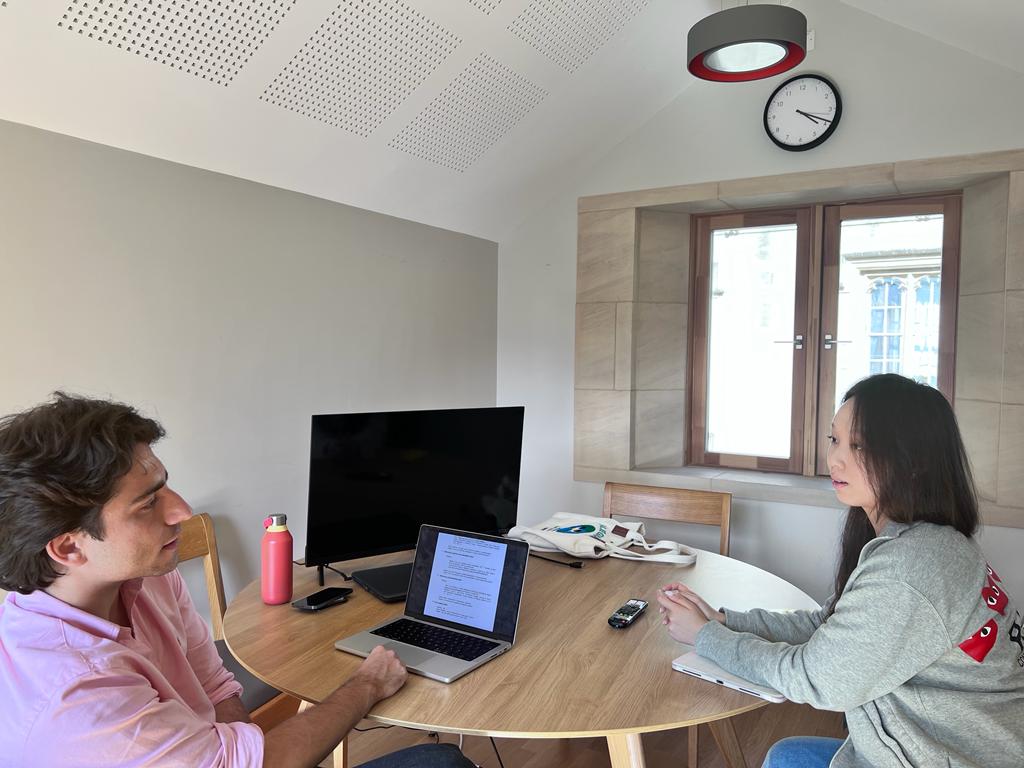Courses
Politics
War in Ukraine and the past, present, and future of the post-Soviet space
In our second course, you consider the dramatic challenge to the global order posed by the Russian invasion of Ukraine. In this course, we first trace the evolution of the post-Soviet space by looking at political, social, and economic developments in its constituent parts since the collapse of Communism. You examine Central and Eastern Europe and the former USSR, with a separate emphasis on Ukraine and Russia themselves.
We then turn to the war itself – Was conflict unavoidable? On whose shoulders should the blame lie? Is there an endgame? Most importantly, what will it mean for the future of regional and global stability?
Course 2
The Politics of Work: Past, Present, Future
For most of us, working – and working for someone else – will take up a large portion of our lives. How those working lives are organised is of enormous political importance. Are our working relationships ones of freedom, equality, meaningful activity, and autonomy? Or are they exploitative, dominating, or alienating? In this course, we will explore a range of approaches to work and the workplace across political theory, from Karl Marx to John Stuart Mill, from Kathi Weeks to Elizabeth Anderson. We will also look at the future of work: the gig economy, widespread insecurity and precarity, remote work, and the use of algorithms in management are transforming our economies and changing our working lives. Looking at a range of proposals – including a four-day week, workplace democracy, and a universal basic income – how might we make sure that this future is a good one for workers?
Course Photos
Subject Tutors
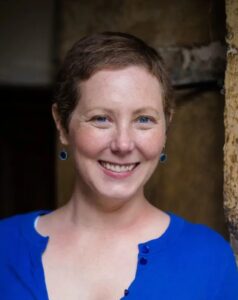
Dr Jody La Porte
Dr La Porte completed her undergraduate degree at Yale University, and her MA and PhD in Political Science at the University of California, Berkeley. She arrived in Oxford in 2013 to take up an early career post at the Department of Politics and International Relations and St Hilda’s College, followed by two years as a lecturer at the Blavatnik School of Government. She has been at Lincoln since 2017, where she is the Gonticas Fellow in Politics & International Relations and Director of Studies for PPE. Her research interests fall at the intersection of comparative politics and international relations. Much of her work focuses on the politics of non-democratic regimes, with central attention to the countries of post-Soviet Eurasia. She is interested in how domestic and foreign pressures—including patterns of corruption, the legacies of communism, and contemporary human rights norms—shape political outcomes. In addition to these substantive issues, she is also active in the field of political science research methods, where my recent publications seek to develop new tools for using qualitative data to make causal claims.
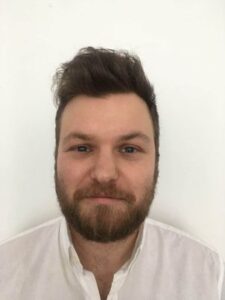
Dr Orlando Lazar
Orlando Lazar is a political theorist working on domination and the workplace. After a BA and MPhil in philosophy at Cambridge, he completed a DPhil in politics at Pembroke College, Oxford, and is currently the Early Career Research and Teaching Fellow in Politics at St Edmund Hall. His research focuses on republicanism, domination, and the transformation of work. He now looks at structural accounts of domination, and at distinctively modern forms of precarious work, especially by analysis of emerging forms of work – platform and gig economy work, automation, algorithmic management and surveillance, and remote and flexible working. These new labour practices risk handing significant and unfamiliar forms of power to employers, and challenge many of the traditional ways that republicans have approached the workplace.

